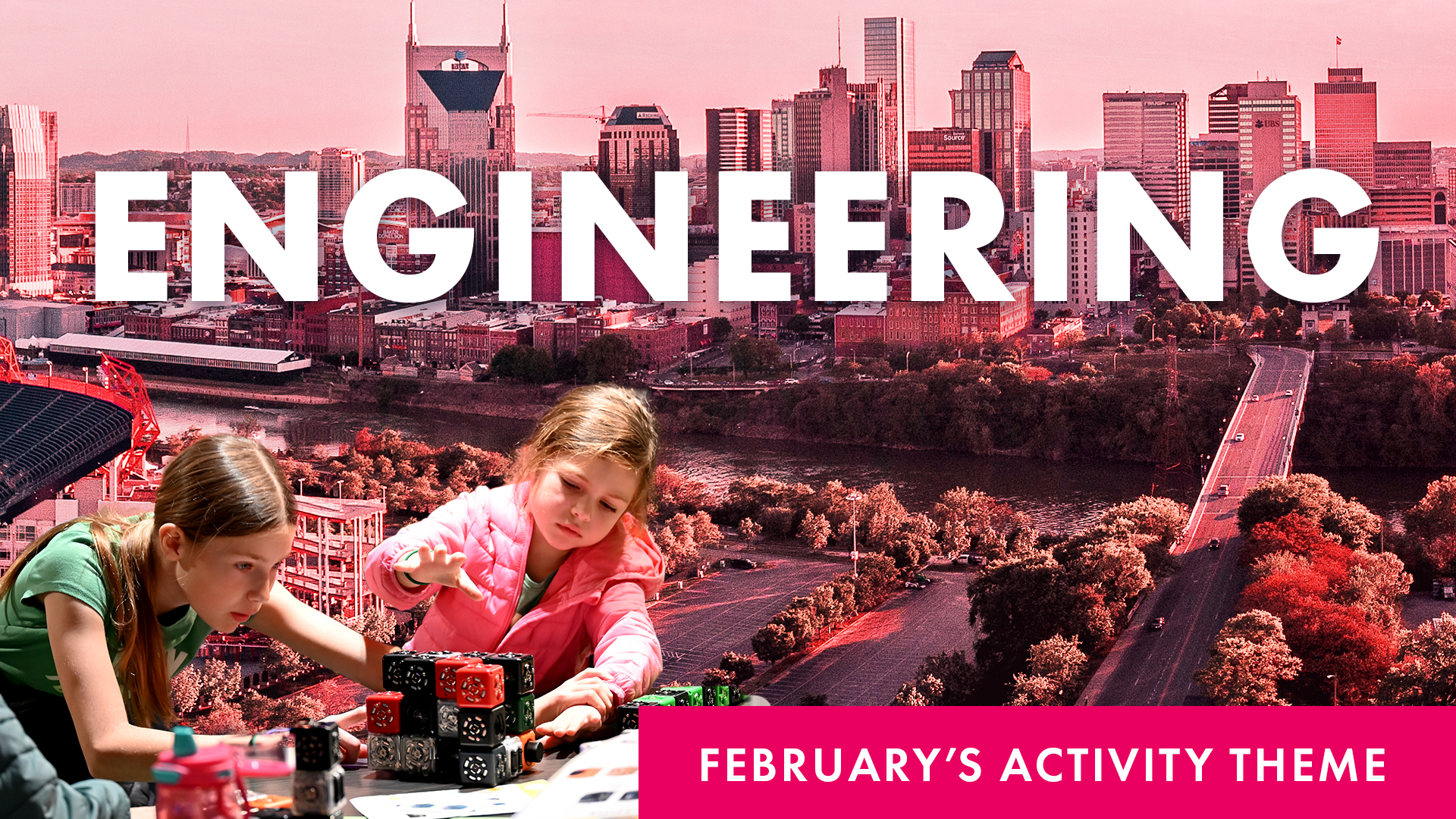CATEGORIES
- 4th of July
- Announcement
- Arboretum
- Asteroids
- Astronomy
- Biplane
- Blast Off
- Boats
- Build It
- Candy
- Chemistry
- Chow Down
- Clouds
- Cooking
- Cooking Candy
- CR3W
- Crafts
- Design
- Dive In
- DIY Science
- Early Explorers
- Earth Day
- Eclipse
- Elementary
- Endothermic
- Engineering
- Environment
- Exothermic
- Experimentation
- Fall
- Family Fun
- For Preschoolers
- Galactic Gardens
- Gardening
- Get Spooky
- Halloween
- Holidays
- Make It
- Marine Biology
- Math Moves!
- Mathematics
- Meteorology
- Moon
- Music City
- Nature
- Outdoor Fun
- Physics
- Pi Day
- Pollinators
- Recycling
- Red-White—BOOM
- Robotics
- Rockets
- Sensory
- Snow
- Solar Eclipse
- Space
- Special Events
- STEAM
- Storybook
- Storybook STEM
- Storytime
- Tinkering Garage
- Uncategorized
- Videos
- Water
- Water Cycle
- Weather
- Winter Wonders
RECENT POSTS
ARCHIVES
- July 2024
- June 2024
- May 2024
- April 2024
- March 2024
- February 2024
- January 2024
- October 2023
- May 2023
- April 2023
- March 2023
- February 2023
- August 2022
- June 2022
- May 2022
- April 2022
- March 2022
- February 2022
- December 2021
- October 2021
- July 2021
- February 2021
- September 2020
- June 2020
- May 2020
- April 2020
- March 2020
- October 2019
- September 2019
- January 2019
- December 2018
- October 2018
- September 2018
- August 2018
- July 2018
- June 2018
- April 2018
- March 2018
- February 2018
- January 2018
- December 2017
- November 2017
- July 2017
- March 2017
- June 2016
- April 2016
- March 2016
- November 2015
- October 2015
- September 2015
- August 2015
- July 2015
- June 2015
- March 2013







